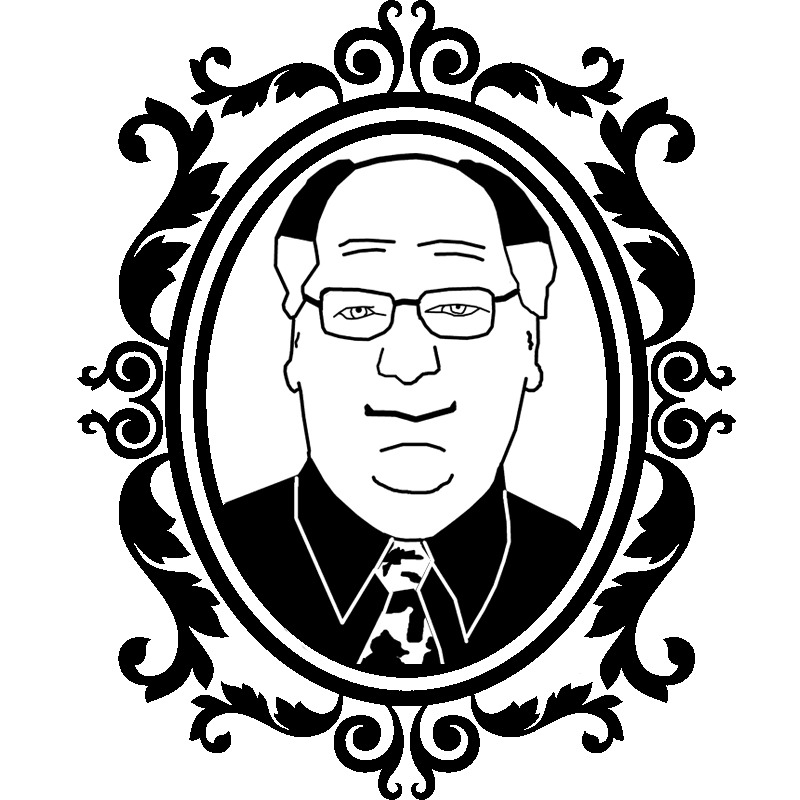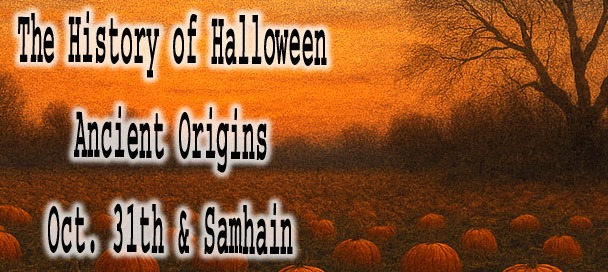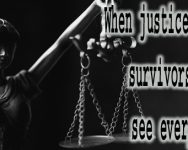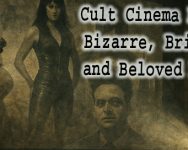💥 Charles Bronson: Cinema’s Rugged Vigilante Icon

Charles Bronson in a classic publicity still..
Charles Bronson didn’t just play tough guys he was the blueprint. With his chiseled features and icy stare, he carved a niche in Hollywood as the ultimate antihero, commanding the screen without ever needing to shout.
Charles Bronson (1921-2003) was an American actor whose carved features, icy glare, and fierce reserve made him the defining vigilante of ‘70s and ‘80s action cinema. He rose from blue-collar roots and coal-mining hardship to serve in WWII, then built a career playing stoic antiheroes in Westerns, war films, and revenge dramas. His breakthrough came with Death Wish (1974), which made him a household name, and later he played hardened avengers, world-weary patriarchs, and cinematic legends. Bronson became known not for sweetness but for presence and audiences believed him when he stood alone, carrying moral weight and the weight of vengeance.
A staple of ‘70s and ‘80s action cinema, Bronson brought raw grit to every role, from steely-eyed gunmen to avenging loners. He was the kind of star who didn’t ask for your attention he demanded it.
Despite humble beginnings, Bronson’s rise to fame proved that intensity and quiet charisma could rival even the most glamorous stars. He was never flashy he was formidable.
Audiences didn’t just watch Bronson they believed him. Whether laying down justice or surviving impossible odds, he made vengeance feel like virtue.
He was a man hardened by life who never needed to yell his silence spoke louder than many actors’ lines.
👶 Early Life
Charles Bronson was born Charles Dennis Buchinsky on November 3, 1921, in Ehrenfeld, Pennsylvania, the 11th of 15 children in a Lithuanian-American coal mining family. Life was hard from the start Bronson spoke little English as a child and was the first in his family to graduate high school.
After his father’s death, young Charles followed in his footsteps and worked in the coal mines to support his family. It was grueling labor, and it instilled in him the rugged physicality and quiet toughness that later defined his film persona.
During World War II, Bronson served in the U.S. Army Air Forces as a bomber tail gunner, earning a Purple Heart. The military gave him structure, but Hollywood would give him purpose.
He began acting under his birth name but changed it to Bronson during the Red Scare era, when Eastern European surnames raised suspicion. One of his earliest roles came in the 1953 3D horror classic House of Wax, where he appeared alongside Vincent Price under the name Charles Buchinsky a brief alias that would soon be left behind.
Explore the Biographies of Iconic Celebrities
🎬 Film Career
Charles Bronson’s early career reads like a masterclass in classic television and western grit. He made the rounds in countless iconic TV series, cutting his teeth on shows like Gunsmoke, The Twilight Zone, and Bonanza. But it was his guest spot on Have Gun Will Travel, opposite Richard Boone, that hinted at the commanding presence he’d later bring to the big screen.
One of his earliest breaks came when he was directed by none other than Ida Lupino, a trailblazing woman behind the camera who saw something magnetic in Bronson’s stoic intensity.
The 1960s brought bigger roles he stood out in Machine-Gun Kelly, House of Numbers, Kid Galahad (opposite Elvis Presley), and The Magnificent Seven, where he shared the screen with Yul Brynner and Steve McQueen. As his fame grew internationally, he led spaghetti westerns like Once Upon a Time in the West, cementing his mythic status across Europe.
In 1974, Charles Bronson became a household name with Death Wish, portraying Paul Kersey, a quiet architect turned vigilante after his family is brutally attacked. The film’s raw moral ambiguity struck a cultural nerve, igniting debates about justice, violence, and the American psyche. Directed by Michael Winner, it featured Vincent Gardenia as the weary detective tracking Kersey’s spree.
The film’s box office success led to four sequels Death Wish II, Death Wish 3, Death Wish 4: The Crackdown, and Death Wish V: The Face of Death each escalating the violence and transforming Kersey from reluctant avenger to hardened executioner. Bronson never flinched, delivering performances that were stoic, cold-blooded, and undeniably magnetic. Supporting casts across the sequels included familiar faces like Jill Ireland, Martin Balsam, and Ed Lauter, grounding the franchise in gritty realism while amplifying its cult status.
He continued this path of justice-driven vengeance with The Evil That Men Do (1984), portraying a retired assassin lured back into action to eliminate a sadistic doctor known for torturing political dissidents. The film, grim and unflinching, allowed Bronson to embody a darker shade of righteous fury, pushing the limits of the anti-hero archetype he had mastered.
In the 1990s, Charles Bronson returned to the small screen in the Family of Cops trilogy, playing Paul Fein, a seasoned police commissioner and patriarch of a family deeply rooted in law enforcement. These made-for-TV films showcased a more reflective side of Bronson grizzled yet composed, authoritative yet tender as he guided his children through cases that tested their morals and their bond as a family.
While far removed from the blood-soaked chaos of his earlier vigilante roles, these later performances underscored his enduring appeal as a symbol of principled strength and unwavering justice.
Off-screen, Bronson’s life was just as cinematic he was married to actress Jill Ireland, who starred alongside him in over a dozen films. Their partnership became one of the most prolific and admired in action cinema, blending brutal storylines with genuine chemistry.
🎖️ The Dirty Dozen – War Has Never Looked This Good
Charles Bronson leads a rogue’s gallery of Hollywood legends in this gritty 1967 classic. Lee Marvin commands the screen, backed by an unforgettable cast: Ernest Borgnine, Jim Brown, John Cassavetes, Telly Savalas, Donald Sutherland, George Kennedy, Clint Walker, and Trini López a lineup so stacked it’s practically a war movie heaven.

The Dirty Dozen DVD cover featuring Lee Marvin and Charles Bronson.
When a mission is so suicidal that no soldier in his right mind would take it, you send in the misfits. Brutal, bold, and brimming with testosterone, The Dirty Dozen blends action, attitude, and anti-authority swagger into one of the most influential war films of all time.
Directed by Robert Aldrich, this all-star masterpiece redefined the genre and set the stage for generations of cinematic tough guys. It’s chaotic, cathartic, and endlessly rewatchable.
This DVD release includes commentary, behind-the-scenes features, and digitally remastered sound and picture.
🕊️ Later Years
As the 1990s rolled in, Charles Bronson began to scale back his action-heavy roles, but he never lost his trademark edge. While younger stars took over the genre he helped define, Bronson pivoted to made-for-TV movies, often portraying world-weary lawmen, ex-military operatives, or patriarchs with a moral code forged in fire.
His Family of Cops trilogy (1995–1999) marked a fitting swan song still delivering justice, but now as a father figure balancing duty and legacy. Even in his 70s, Bronson remained believable as a man you wouldn’t dare cross.
Off-screen, he faced heartbreak when Jill Ireland passed away from cancer in 1990. The loss hit him deeply, and although he remarried, the quiet intensity of his grief mirrored the characters he so often played silent, stoic, and deeply personal.
Bronson retired from acting in 1999. He lived his final years away from the spotlight, battling Alzheimer’s disease, and passed away on August 30, 2003, at the age of 81 in Los Angeles. The world lost a cinematic legend, but his image remains etched in grit, silence, and shadow.
His role in The Dirty Dozen (1967) placed him among Hollywood heavies like Lee Marvin and John Cassavetes and he held his own among them, defining toughness even in ensemble chaos.
🏆 Legacy
Charles Bronson’s legacy is etched into the very DNA of action cinema. He wasn’t just an actor he was a presence, defining a generation of hard-edged antiheroes who didn’t need capes or catchphrases to be unforgettable.
He broke the mold with roles that celebrated rugged individualism, moral ambiguity, and cold, deliberate justice. Without him, there would be no wave of stoic ‘80s action icons like Clint Eastwood’s Dirty Harry, Stallone’s Rambo, or even Bruce Willis’s John McClane.
Bronson also proved that international appeal could surpass domestic fame. In countries like France, Germany, and Japan, he was revered like royalty his European fanbase often outshining his U.S. box office clout.
And then there’s the Death Wish series still debated, still mimicked, still watched. It sparked a cultural conversation about justice, fear, and the line between hero and executioner. Few films have had that kind of staying power.
Even now, Charles Bronson’s name evokes a certain attitude a no-nonsense force of nature who handled revenge with a .32 caliber stare and left the talking to everyone else.
🗣️ Why They Still Matter
Bronson still matters because he embodied a kind of justice cinema seldom seen today. His characters wandered moral grey zones—avengers who operated without glory but with conviction. More than his movies, it’s the image of the unmoving, unbreakable man that remains. When moral urgency meets physical danger, Bronson showed it could still resonate.
Further Reading Resources
📖 Read: Charles Bronson Biography – Britannica
🔍 Explore: Charles Bronson on IMDb

ML Lamp is the owner of Kilroy Was Here. After his 20 years of working in Las Vegas in the entertainment promotions field, Mr. Lamp retired in 2002 from his job to pursue his passion for collectibles. Now as a guest speaker and author he’s living the dream, and sharing his warmth with You.





